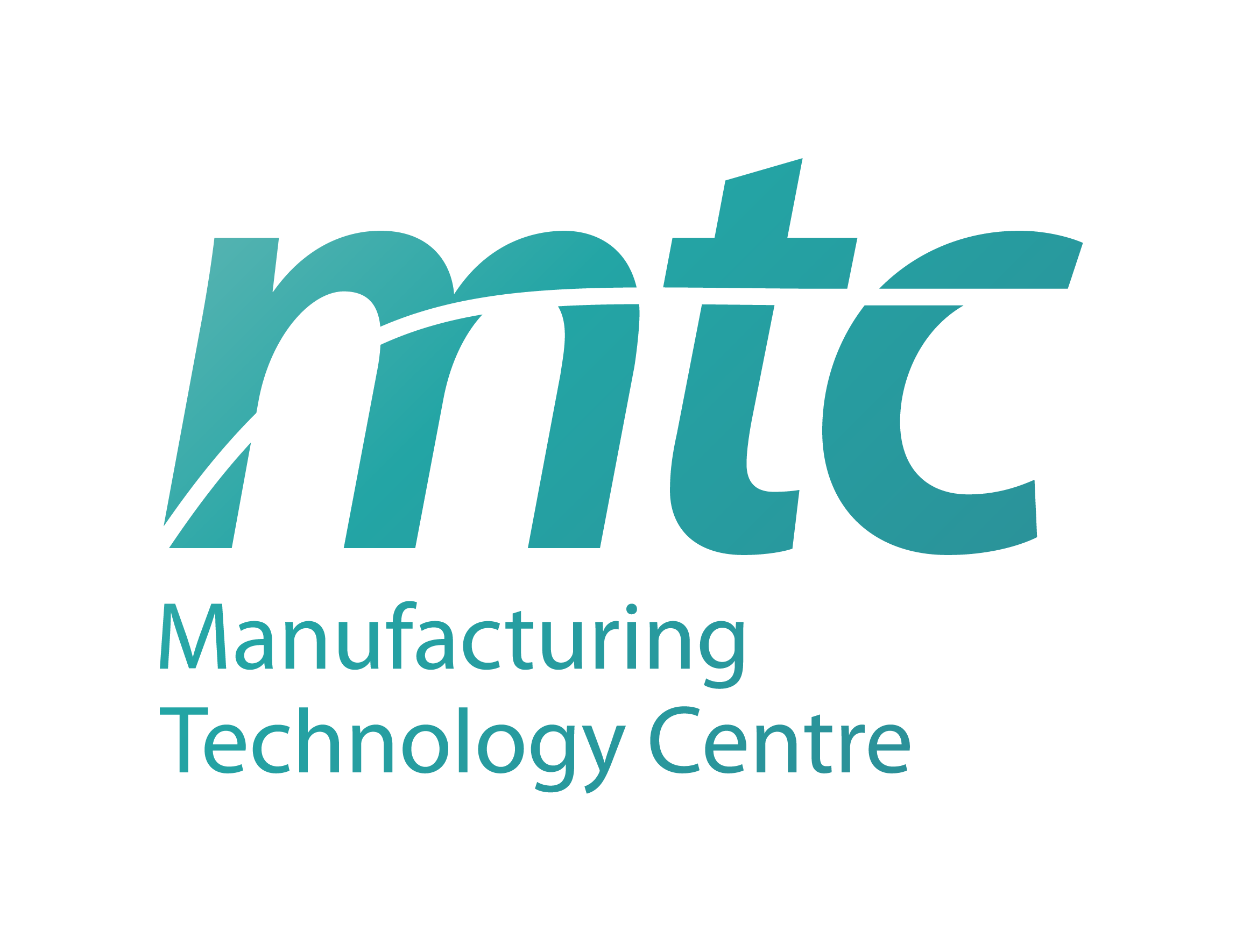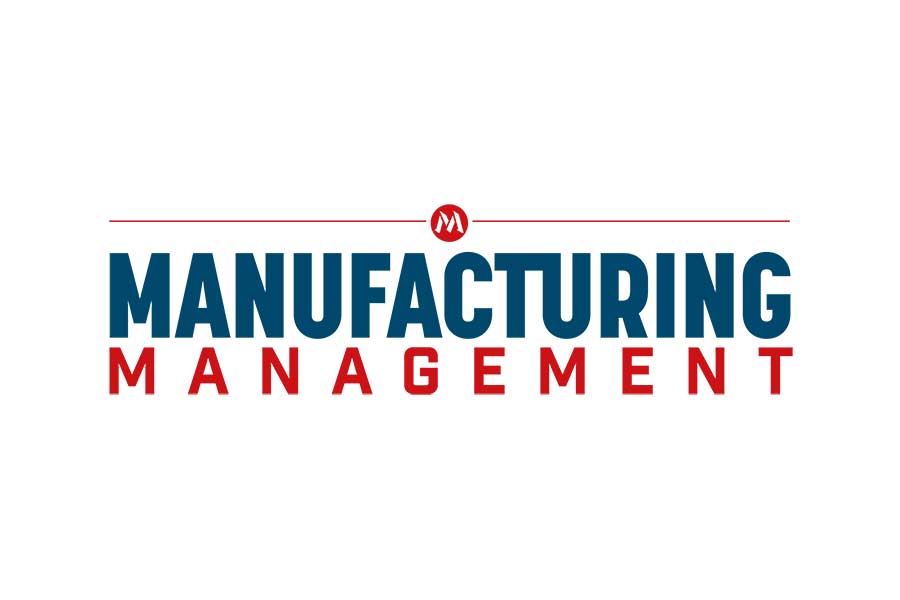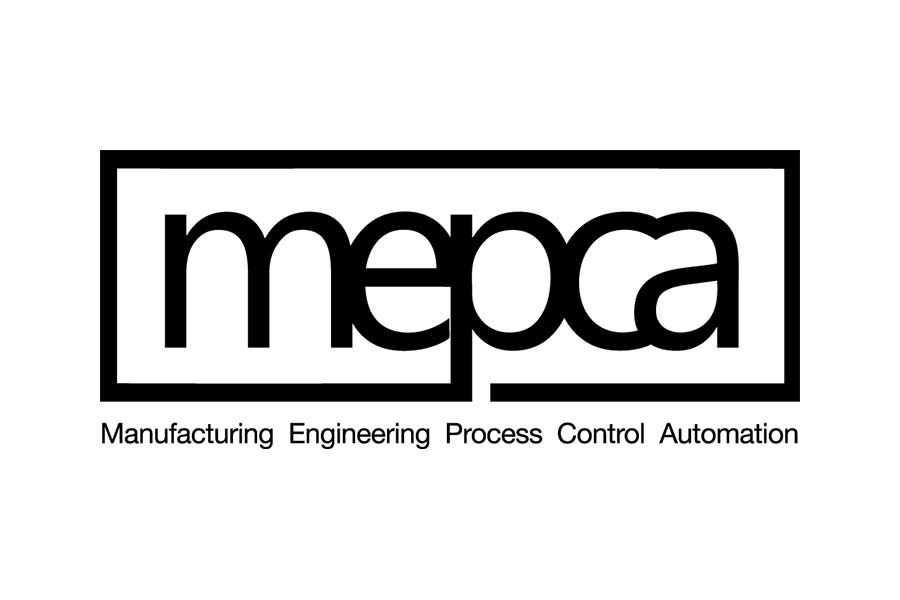Official Welcome to National Manufacturing Summit 2024
Watch again
Graham Hoare OBE
Manufacturing Technology Centre

Arash Ghazanfari
Dell Technologies

Màiri McAllan
Industry Presentation: The Drone Age
Watch again
Robert Garbett
Drone Major
Panel Discussion: Manufacturing and Skills
Session theme: Technology Past, Present and Future
Watch again
David Grailey
Manufacturing Technology Centre

Louise Ball
BPP University

Kirsty Davies-Chinnock
Professional Polishing Services

Robert Garbett
Drone Major

David Atkinson
Lloyds Banking Group

Rachel Sandby-Thomas
University of Warwick
Looking back at manufacturing technologies and workforce skills through the 90’s and 2000’s, there have been significant gaps in training provision and ever widening gaps with technology. Discussion will surround what the landscape for training provision looked like over the past 25 years and more so what it could look like in the future. We will explore the question ‘Should we be surprised that training for the latest and upcoming technologies is often a step behind?’ A short debate as to what the training landscape for the next two decades is likely to look like, and what challenges does it need to meet?
Government Minister Speech
Watch again
Mark Pawsey
Presentation: The Evolution of Automation
Session theme: Technology Past, Present and Future
Watch again
David Barrett-Hague
Schneider Electric
Panel Discussion: Is Automation The Answer To The Skills Crisis?
Session theme: Technology Past, Present and Future
Watch again
Mike Wilson
Manufacturing Technology Centre

Oliver Selby
FANUC

Paul McKnight
VEX Robotics

David Barrett-Hague
Schneider Electric

James Selka
Manufacturing Technology Association

Rosa Wells
University College Birmingham
Manufacturing and engineering is often seen as a male dominated environment working in dirty, noisy factories. Current generations are not often interested in these roles but at the same time are also very technology literate. To attract the workforce of the future we need to provide roles which meet their aspirations. The discussion will explore three aspects where robots might be able to help build our future workforce. Firstly, by debating if greater robot adoption can relieve the workforce from the repetitive and mundane tasks allowing their skills be more usefully deployed. Secondly by reviewing the premise that robots provide an excellent educational tool which encourages greater engagement in STEM activities from primary school through secondary school and into college and thereby helps to generate a stronger pipeline of engineers. Finally looking into the changing nature of skills that robots will require, why these are more accessible to girls and how this could provide a much larger talent pool for the future.

Richard Browning
Gravity Industries

Elyn Corfield
Lloyds Banking Group
Presentation: Nurturing the Talent of Tomorrow. Today.
Session theme: The Skills Challenge Workforce 2050
Watch again
Anni Toner
Data-Shack
The pace of AI integration, Generative AI and Machine Learning applications into the modern factory has taken many by surprise. As such, now more than ever, a robust Data Science Team is essential in delivering a diverse set of skills to collect, analyse and present insight in consumable ways. But to fully capitalise on the AI revolution, your entire workforce - from apprentices to engineers, from plant managers to quality control teams - need to upskill up and become “data literate”. How can you attract and nurture tomorrows’ talent? How do we ensure diversity and inclusion in STEM? How do we upskill our current workforce? Join CEO, Data Scientist and active mentor Anni, as she explores practical examples from around the globe.

Julie James
Industry Presentation: Introduction to the Workforce Foresighting Hub
Session theme: The Skills Challenge Workforce 2050
Watch againSteve Picker
Workforce Foresighting Hub
Panel Discussion: Foresight For Future Change - Right Skills, Right Time, Right Place
Session theme: The Skills Challenge Workforce 2050
Watch again
Alex Ledley
CSA Catapult

Andrew Esson
ORE Catapult

Ashmita Randhawa
Digital Catapult, North East & Tees Valley

Dawn Wilson
MTC Training
An expert panel will discuss the current and future skills challenges being faced in the UK. We will explore the importance of aligning innovation and technological developments with the future workforce to improve the UK's productivity and secure market leading positions. Organisations need access to a workforce able to adapt to new capabilities that require different and new skillsets, to grow and thrive in the future. However, the scarcity of new recruits possessing the required skills underscores the necessity for a forward-looking strategy. The panel will explore strategies for proactively addressing the skills gap through collaborative efforts and foresight, enabling us to tackle the significant challenges confronting the country with agility and efficacy.
Presentation: Low Code, No Code Future
Session theme: The Skills Challenge Workforce 2050
Watch again
Paul Bates
Epicor
Presentation: Preview of the 2024 UK Innovation Report
Session theme: The Skills Challenge Workforce 2050
Watch again
Carlos López-Gómez
IfM Engage
The report, now in its fourth year, the UK Innovation Report measures the UK’s innovation activity and its industrial performance in a global context. Compiled by Cambridge Industrial Innovation Policy, based at the Institute for Manufacturing, University of Cambridge, it provides a clear and succinct overview of the key innovation trends across UK industry.
Panel Discussion: How To Prepare Your Workforce Today and for the Future
Session theme: The Skills Challenge Workforce 2050
Watch again
Anni Toner
Data-Shack

Paul Bates
Epicor

Arash Ghazanfari
Dell Technologies

Sean Culey
Manufacturing Technology Centre

Chris Corken
Make UK
The panel will be focussing on three key areas of focus from the day’s discussions. Extracting key challenges within the current workforce and what the evolving challenges moving forward will look like. The overall objective will be to highlight key takeaways that will help our present-day workforce and skills challenges. Key takeaways and actions for future change will also be highlighted with clear signposting to practical help and support.
Closing Remarks
Session time: 16:25 - 16:30

Daisy McAndrew
Event Compere






